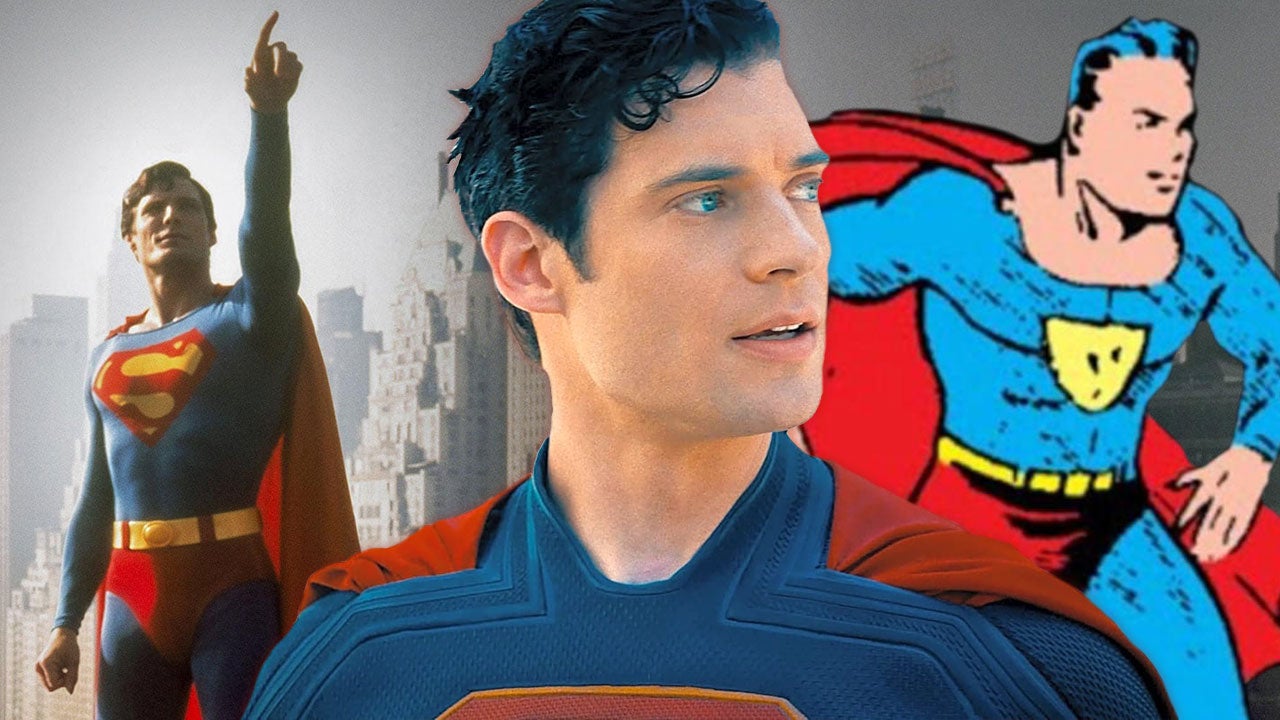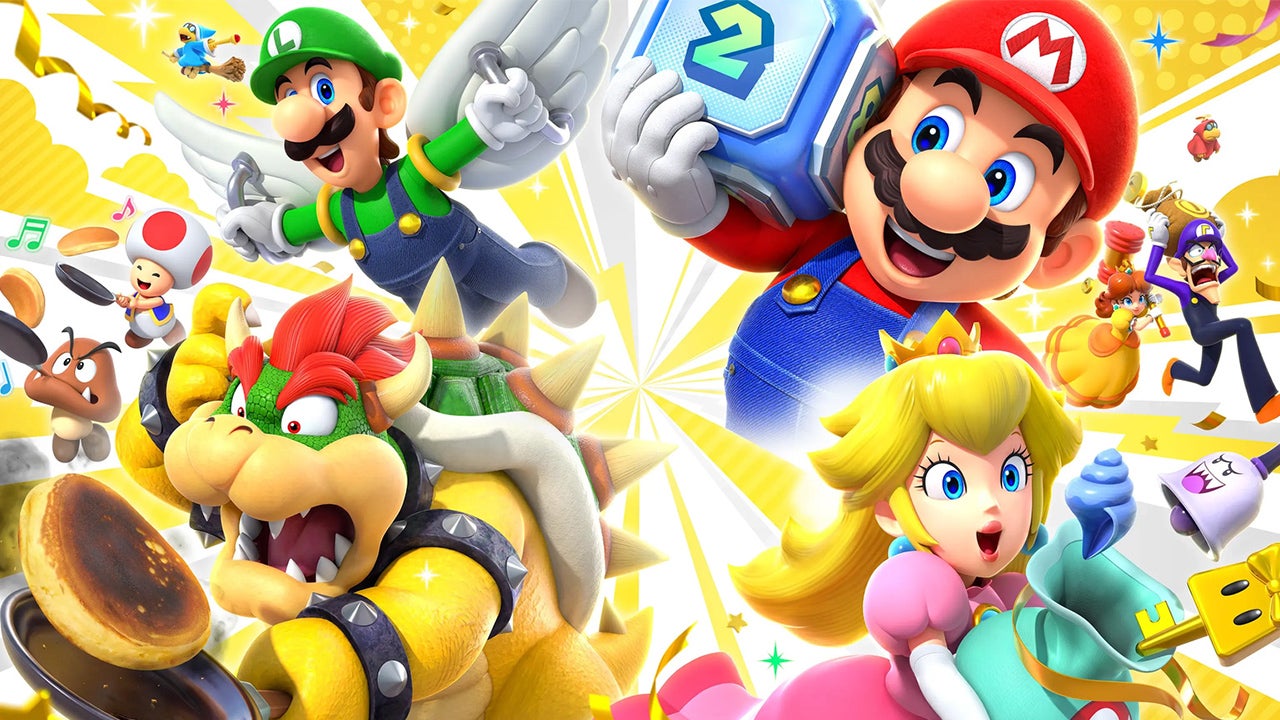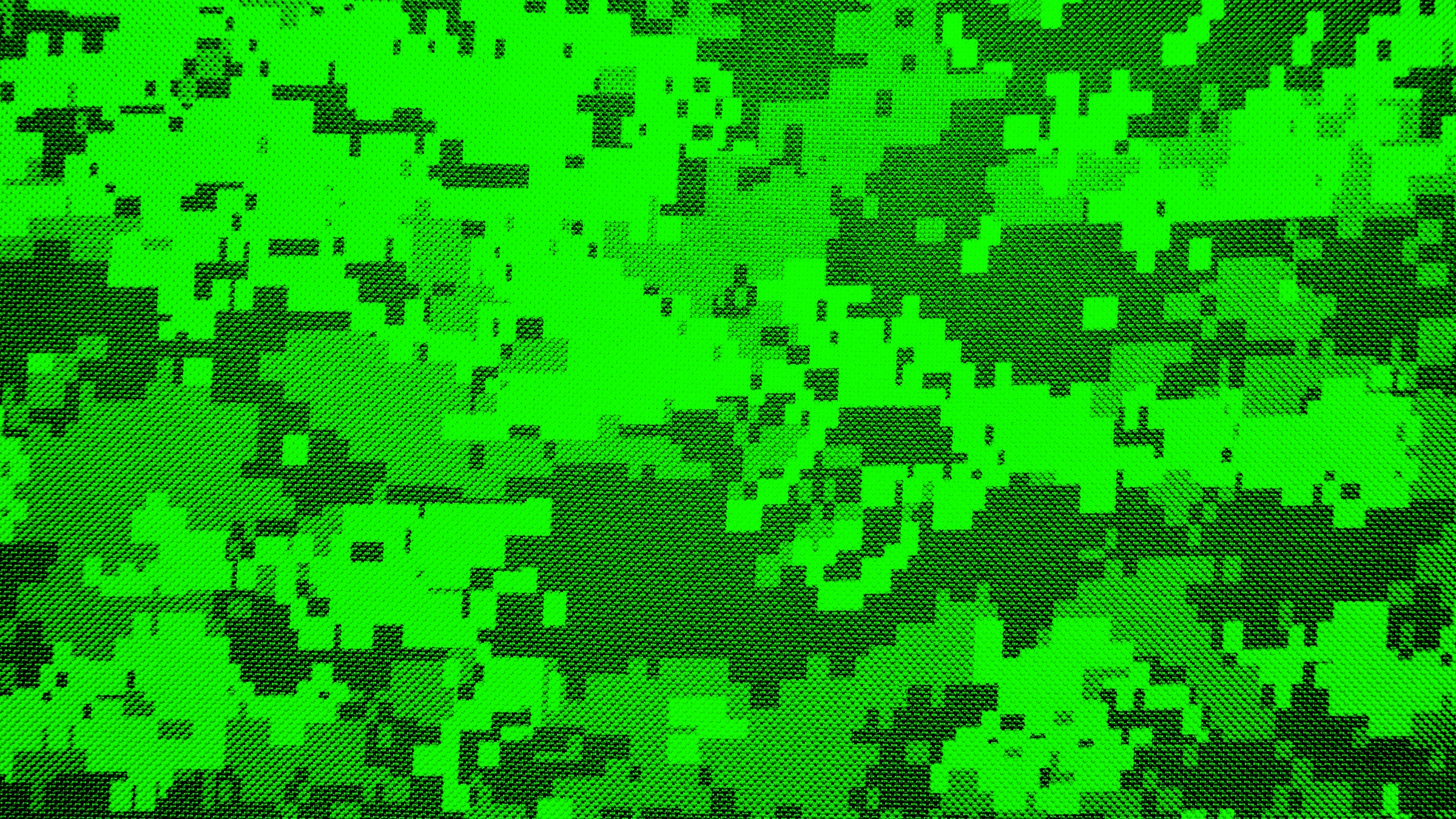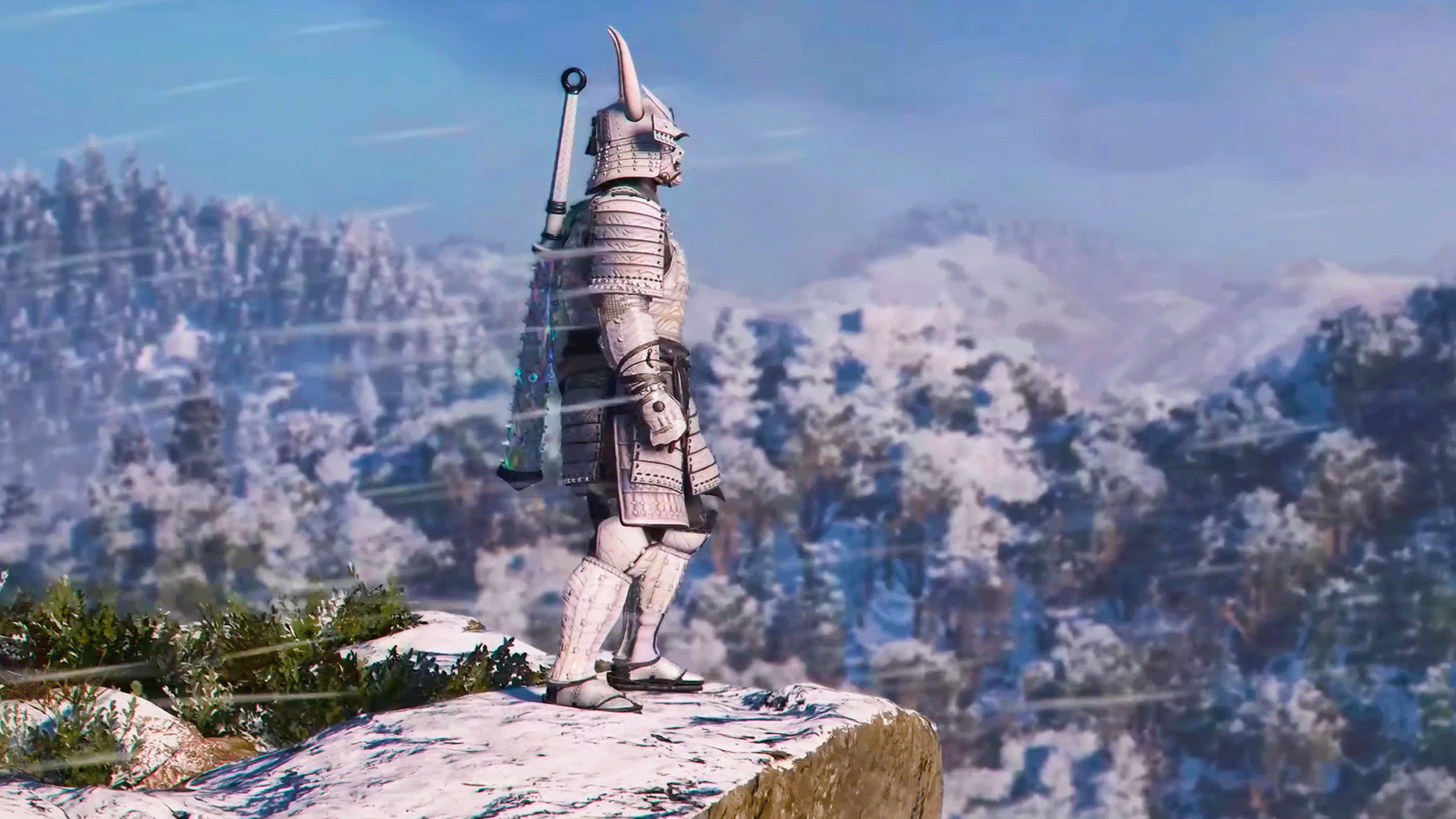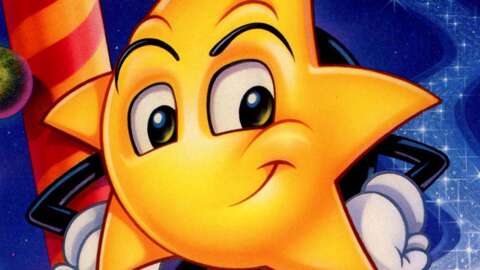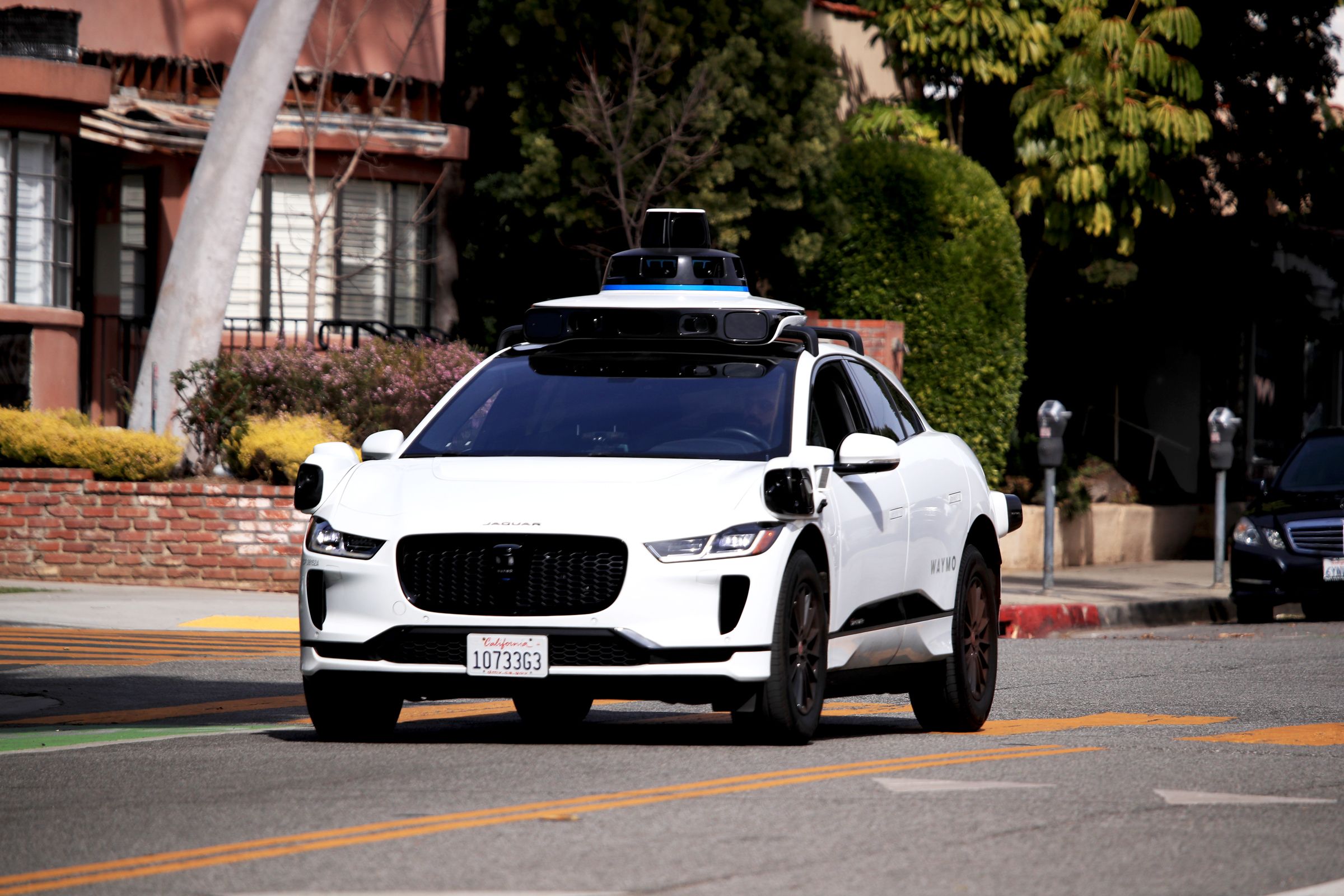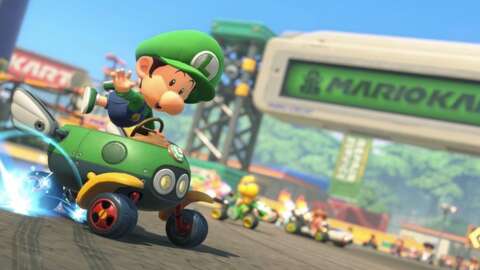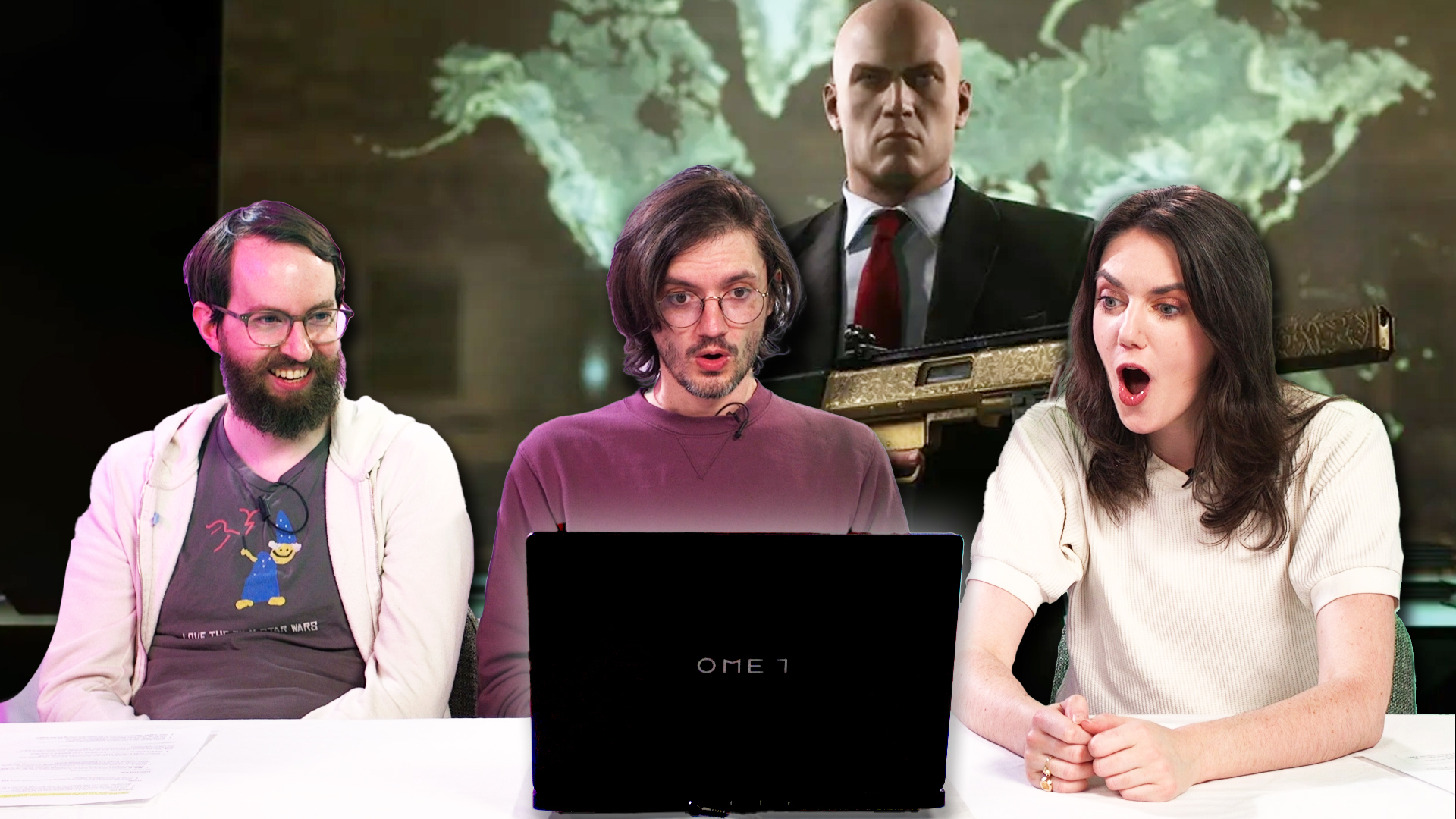
There is a Superman for all seasons. When we need him, when the hour grows dark and hope grows dim, he appears, imagined by artists and writers and filmmakers, reborn again and again in the crucible of chaos to deliver us a single gift: hope. The character has been an arbiter for that hope for nearly 90 years, offering a balm to readers and viewers alike who need a reminder that there is inherent good in this world.
Through the span of a little under a century, the Man of Steel has shown us time and time again that the battle for a better tomorrow is never-ending.
Champion of the Oppressed
In the opening to “Whatever Happened to the Man of Tomorrow,” legendary author Alan Moore calls Superman “A perfect man who came from the sky and did only good.” Kal-El is a modern-day champion of unconventional wisdom, respecting kindness, compassion, and even humility as true strength in the face of evil. He sees the world through the lens of what is possible just outside of the horizon, that he and human beings can all become better and better through generosity, understanding, decency, and perhaps most importantly, by saving one another.
Economic strife birthed Superman. His creators conceived him at a moment of cultural and fiscal uncertainty unimaginable to most now living in the U.S. In the 1930s, American society was unraveling at the seams, critically wounded by the unchecked greed and corruption that fed the Great Depression. Peaceful protesters in Washington were ridden down by the army. Homeless campers in California were beaten by local mobs. Hunger, debt, and suicide were everywhere, a pattern that worsened year after year until President Roosevelt began reforms that slowly reversed the decline. Many of these helpful laws and acts were blocked by the judicial opposition, resulting in over a decade of concentrated economic disruption. And across the sea, the rising tide of Nazi fascism and Soviet expansionism threatened all the world’s people with the shadow of a global war.
This discord was the womb in which Superman incubated. We needed a hero, and near-revolution conceived that hero in the minds of two creators. He was born into a threatening, brutal, and violent historical America that kids reading comics at the time knew and understood. The dystopian reality forged by powerful men was far more terrifying than any monologuing metahuman. When the Man of Steel first appeared, his four relatively tame superhuman abilities (strength, durability, leaping, and speed) still placed him among the most powerful fictional characters in comics to that date. But for quite some time, Superman rarely used these incredible gifts against monstrous beasts, petty criminals, or superhuman foes. Instead, Superman’s early adventures pit him against threats inspired by the real world: corrupt politicians, arms manufacturers, greedy business owners, and establishment landlords. Most of the folks he takes down in those early years are rich old men too powerful to be held to account by the law.
The earliest appearance of Superman introduces him with brilliant conciseness: “Superman! Champion of the oppressed.” Into an unexpecting world comes Clark Kent, reporter, and Superman, a blunt instrument of rough-and-tumble problem-solving. While not brutal, he is not at all sheepish about breaking and entering, destruction of property, or roughing up a spousal abuser. His first act of heroism? Fighting his way into a state governor’s mansion to prevent an unjust execution.
He wrecks fetid slums owned by corrupt landlords so that Roosevelt can build decent housing in their place. He threatens mining magnates to secure decent working conditions for the miners. When confronted with the problem of a regional war fermenting overseas, the earliest Superman goes to the source: corrupt American arms manufacturers using US government connections to fuel the conflict. Superman’s solution? Kidnap a millionaire weapons dealer, then haul him into the trenches of a war zone. Superman then strips off his own costume, dons an army uniform, and leads the robber baron on a trip through the horrors of armed conflict. The owner repents, and Superman goes on to forcefully negotiate an end to the campaign.
Bad things happen, Superman moves to correct them, and consequences be damned. That’s the core of the character, an almost biblical commitment to ethical action. Thus began Superman’s never-ending battle, certainly for truth and justice. But for the American way? At that time, not so much. For a better tomorrow? Most certainly.
You Will Believe a Man Can Fly
Superman stories have changed to keep pace with the world. Sometimes those changes are not great, like the postwar Silver Age silliness where Superman divided his time between battling Lex Luthor and antagonizing Lois Lane and Lana Lang. And we’ve seen a few more sinister examples: he’s drowned ships full of men, posed for racist WWII propaganda, and snapped a Kryptonian neck or two. Pink Kryptonite once “made” him gay.
But more often, Superman story changes have been updated to positively address a new age, and to continually allow Superman to represent a good example and a heroic reminder that in dark hours, hope for the future lights the way forward. In the ’40s, Superman fought fifth column spies on the homefront and served as a correspondent, informing the public. In Vietnam, he became a combat medic. Outside of a few stories, he rarely interfered with war directly, mostly because the DC authors realized that he could end any conflict in a day. So instead, they told Superman tales that a kid living in America during a war could relate to. They are mostly stories nudging you to do your best from where you are at any moment, tackling problems in your community fearlessly and ethically. Gradually, a lot of this got lost under the Comics Code, resulting in fewer stories about doing good and more stories about stopping bank robbers and robots. (The Comics Code enforced regulations that discouraged Superman’s previously-nuanced storytelling, demanding that authority figures usually be treated as benevolent and severely limiting what was permissible on a page.)
By the late 1970s, America was in a colossal funk. Crime, prices, and unemployment were on the rise. American power and prestige was failing. The President of the United States had just resigned in disgrace for massive corruption. Many of his key lieutenants were in prison. The failure of the Vietnam War had drained the life from much of American society, and a massive fuel crisis damaged an economy utterly dependent on auto and truck transport.
It was in the midst of this chaos that Superman: The Movie landed in theaters like a red, blue, and yellow blaze of optimism. A tall, unknown actor named Chrostopher Reeve played the Man of Steel as if inhabited by the spirit of every great comic story that came before. His Clark Kent embodied the awkward humility of The Daily Planet’s second-best reporter, and his Superman exuded a collected kindness masking almost limitless physical power.
Superman: The Movie (often now referred to as simply Superman) was far and away the most impressive Hollywood foray into superheroics, with special effects that seemed impossible at the time and the very capable director Richard Donner at the helm. Viewed today, the film seems almost quaint in its optimistic tone and saturated colors... and that’s exactly what it meant to evoke in the ’70s as well.
Clark Kent, with his awkward politeness and unfailing kindness, stepped straight out of another era, evoking the best of America’s collective past. And Clark’s alter ego, Superman, pointed us constantly to the possibility of a better tomorrow. He took on the problems of his day and age: lost hope, a sense of powerlessness, the corruption wrought by the emerging culture of economic disparity in America, and showed us that we could work together to find a way out. It was an extraordinary return to form for the character created during an age of national malaise.
What super-menace did the Man of Steel face in Superman: The Movie? Not Brainiac or Ultraman or Darkseid, but rather Gene Hackman’s Lex Luthor, a madcap real-estate speculator. Superman’s most famous foe was reborn as an evil property investor with nuclear weapons at his command, a motif that soon made its way into the comics with Lex’s transformation into an evil businessman... the original Golden Age Superman archetypal foe.
Superman: The Movie lived up to its tagline: “You’ll believe a man can fly.” In uncertain times, Superman reminded us that the world is what we make it together, that as he reminds one character “we’re all on the same team.” He respected everyone around him, told the truth, rescued the needy, and used the trustworthy platform of The Daily Planet to provide tremendous transparency to his mission.
John Williams’ theme blazing in the background, this new Superman was really nothing but a return to form for the original character concept, an outsider that chooses to walk among us doing good, no matter what, and inspiring all he comes in contact with. The inspiration proves vital to the story: When Lex has Superman dead to rights with green kryptonite, reluctant villain Eve Teschmacher changes sides to free the Man of Steel and save his life.
And for a time, this movie Superman became the core of comic Superman again, until the cynical, grimy debacle of Death of Superman and Reign of the Supermen confused the issue for a bit.
A New Century Needs an Old Hero
Superman is a spiritual presence throughout DC’s 9-11 Vol. 2, an artist and writer's tribute to the tragedy of September 11, 2001. As 9/11 was a deeply traumatizing and irreversible event, DC avoided involving Superman in any acts of prevention. Rather, the non-canonical tributes serve as an outlet for expressing the still-fresh wounds of comic creators living in a city under attack.
The most poignant is a short, stunning tale. We encounter Superman and the Justice League just after their successful evacuation of the World Trade Center. Though both towers are destroyed, the people inside are rescued. The League begins to quickly rebuild the towers, taller and more beautiful than before.
As we continue reading, the art distorts, unraveling into the scribbles of a child’s handwriting. We learn that this is all the fantasy of a child watching 9/11 on TV. As roads and trains are shut down, his father is walking out of New York City on the day of the attacks, and the boy is scrambling to finish writing his comic before his father gets home so he can share it with him.
This minute comic story exemplifies the spirit of Superman. Like Superman, it speaks quite literally not to what is, but what could be. A better world. A better tomorrow.
A Better Tomorrow
But what about this new movie, this new Superman, and the here and now?
These are quite simply the darkest days for America since the near-apocalypse of the Cuban Missile Crisis, when humanity stood at the edge of self-made extinction. The end of the world was just barely averted by clear heads in the U.S. and Russia. Now again we face a day when the world seems on fire and much seems hopeless: war spreading, tyrants dismantling human rights across the planet, unspeakable violence in Gaza. Falsehood and injustice reign. And once again, in our hour of need, Superman appears, representing not lies and lawlessness, but truth and justice, and the hope of a better tomorrow.
The slogan hasn’t been truth, justice, and the American way for some time. Four years ago DC combined The Man of Tomorrow’s signature slogan with his nickname, declaring that he fights for “truth, justice, and a better tomorrow.” That’s hardly the first time Superman’s slogan has changed... he’s actually had quite a few. Truth, justice, and the American Way mostly sticks in our minds through its appearances in George Reeves’ Superman TV series and Christopher Reeve’s charming line delivery in Superman: The Movie. But he’s had plenty of mottos and nicknames... he’s been “The Man of Tomorrow” since 1939!
But recently, we’re being told to “look up.” We’ve seen Superman in the trailers saving people from disaster, and we’ve in turn seen him rescued by ordinary people lifting him with outreached hands. We’ve seen him vulnerable, bleeding, wheezing. We’ve seen him plead for understanding that preventing the loss of life outweighs any system of authority. We’ve seen him imprisoned by the government, locked in a cage, and we’ve seen him somehow escape. He is walking alongside us, fighting alongside us, carrying our burdens as the world spirals into chaos.
Critics have mostly been very pleased with the new Superman film. IGN’s Tom Jorgensen thought it was great. But across certain media ecosystems, it’s been heavily attacked, mostly by people who haven’t seen it yet. The animus mostly seems to be fueled by the film’s heavily-advertised focus on human kindness and decency, as well as the fact that Clark Kent is, as always, presented as an "illegal" alien.
You don’t need a lot of Superman history to dispel these attacks. Kal-El has, over the years, fought the Klan and battled Nazi sympathizers while at the same time championing equity, friendship, decency, and self-identifying as an American. Yet the very fact that such an expression of disdain toward the Man of Steel could build so quickly is a testimony that Superman’s work, that our work for a better tomorrow, is very far from over.
When you consider the earliest roots of the character and place him in our day and age, well, he’s the man for our hour.
If you’ll indulge a personal revelation, I’m a Quaker, part of a quirky little corner of Christianity. One of the core beliefs of my religion is that people are capable of inherent good, that there’s no curse or force holding us back from decency except our own shortsightedness. I think Superman believes the same thing, that his life story is of one very powerful, very lonely man trying to show us again and again that a better tomorrow is in our reach, if we would merely outstretch our hands and grasp it. If we did, we’d discover something amazing.
Tomorrow is already here.
Jared Petty is a mild-mannered video game reporter for a great Metropolitan newspaper. You can find him at Bluesky as pettycommajared and at Threads as https://www.threads.com/@pettycommajared.
